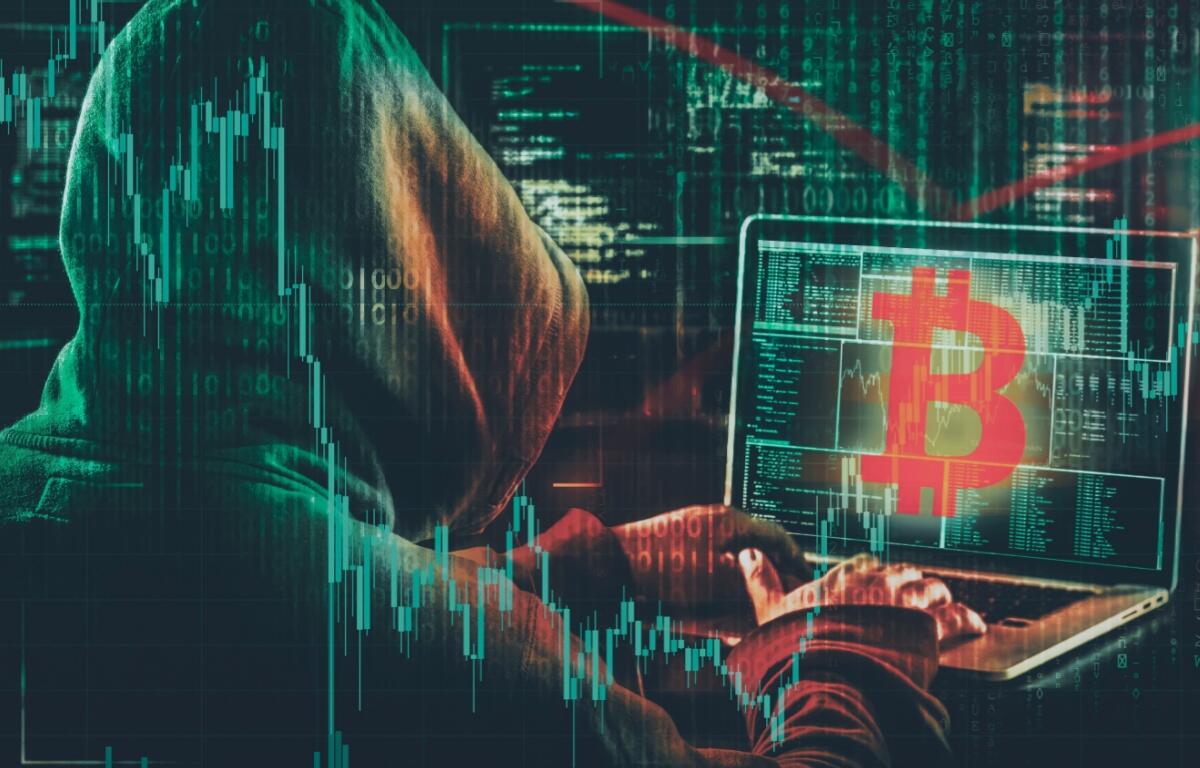Springfield, IL (CAPITOL CITY NOW) – Attorney General Kwame Raoul, encouraged Illinois residents who have lost money to cryptocurrency fraud and scams to report the incident to law enforcement and be cautious of so-called recovery services.
According to a news release, a recent change in Illinois law makes it easier for crypto kiosk or crypto ATM customers to get a refund if they have been scammed into sending money through a crypto ATM. To be eligible for a refund, consumers must file a police report.
The law also requires victims to contact the crypto ATM operator within 30 days to report the scam and to submit a police report to the ATM operator within 60 days.
“It’s important that victims of cryptocurrency scams act quickly to report the incident,” Raoul said, in a news release. “Under a new Illinois law, victims who used a crypto ATM may be able to obtain a refund. Regardless of whether you used an ATM, mobile app, or online website, giving a complete and accurate report to the authorities allows law enforcement to work on your behalf and can potentially lead to you recovering money if the scammers are caught.”
When reporting crypto scams, victims should include the exact amount, date and time the funds were sent, a description of the scam, any websites, social media profiles, phone numbers or emails used by the scammers, the wallet addresses (crypto version of an account and routing number) where the crypto was sent, as well as the physical location of the crypto kiosk or ATM used in the transaction or the name of any mobile app or online platform used to send the funds.
Raoul also warned crypto scam victims to be aware of potential follow-up recovery scams that target people who are victims of a scam or fraud.
Crypto assets can only be seized and recovered through valid law enforcement channels. The Federal Trade Commission (FTC) and Commodity Futures Trading Commission (CFTC) have urged people not to pay for assistance recovering money lost to crypto scams.
The following details are red flags of crypto scammers:
An online love interest or new friend wants you to send money or cryptocurrency or offers to help you invest. If someone you meet on a dating site or app asks you for money or offers to help you invest, you should assume they are a scammer.
A so-called investment manager contacts you out of the blue. They promise to grow your money, but only if you buy cryptocurrency and transfer it to an online trading account or exchange. The scammer may use a website that seems to be legitimate, and you may be able to withdraw small amounts of money to “test” the platform, but you will never be able to withdraw all your money.
A celebrity will multiply any cryptocurrency you send them. Fake social media profiles, websites, or even manipulated or fake videos of celebrities are used to promote the purported giveaway.
Promises of big payouts with guaranteed returns. Be wary of promises of a high rate of return on your investment, especially with little or no risk. Claims such as “risk-free,” “absolutely safe,” and “guaranteed profit,” are hallmarks of a scam.
Someone asks you to visit an online exchange you have not heard of. Be wary if you are asked to deposit money onto a cryptocurrency exchange that is not easily searchable, or if you do not understand how you are depositing onto the exchange.
Raoul urges Illinoisans to immediately stop communications with any suspected scammers. Many victims report being talked into sending more funds to scammers, even after they suspected fraud. Usually, this occurs when scammers pretend to be holding your money and direct you to make additional payments to “unlock your account.”
You can learn more about cryptocurrency scams and frauds by visiting the FBI’s website. Victims of a cryptocurrency scam can file a complaint on the Attorney General’s website or by calling any of the following Consumer Fraud Hotlines:
1-800-386-5438 (Chicago)
1-866-310-8398 (Español)
1-800-243-0618 (Springfield)
1-800-243-0607 (Carbondale)



